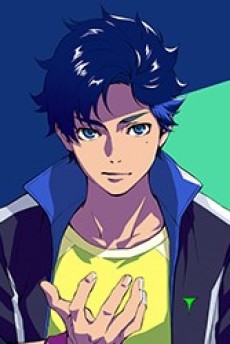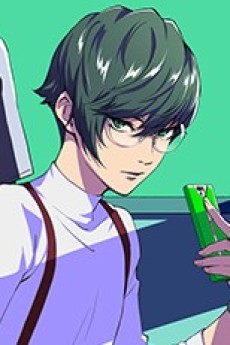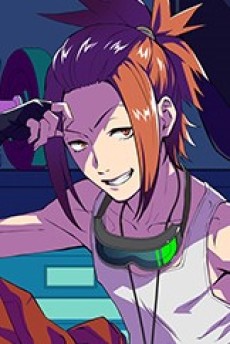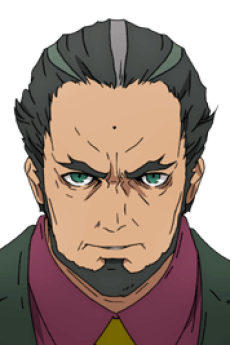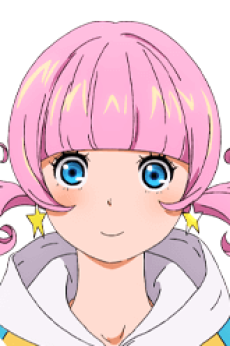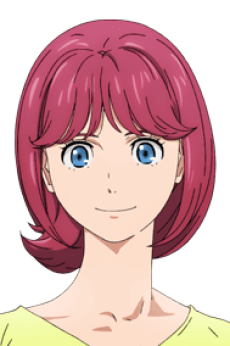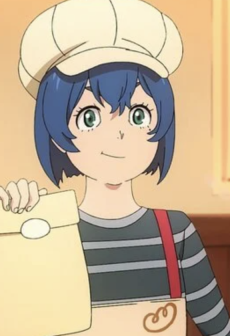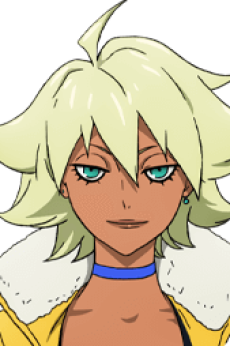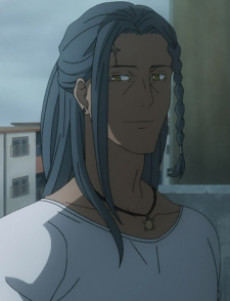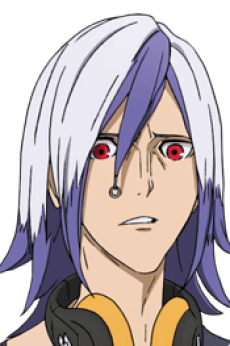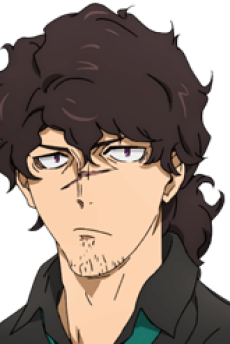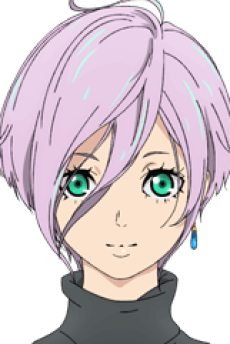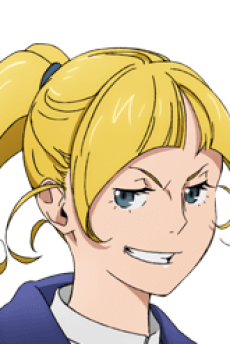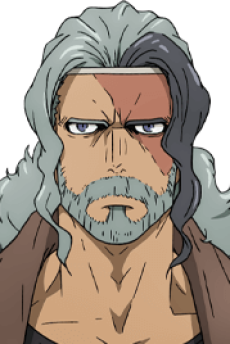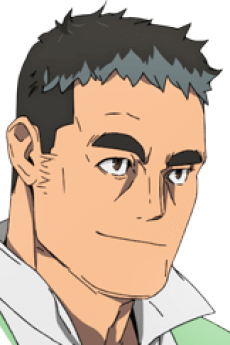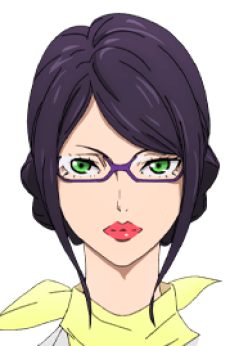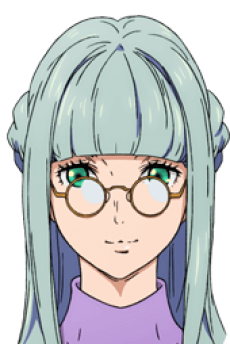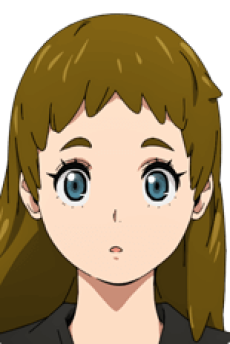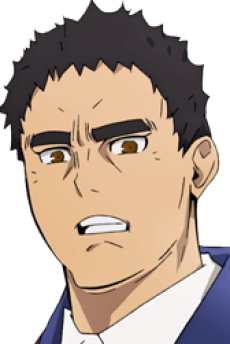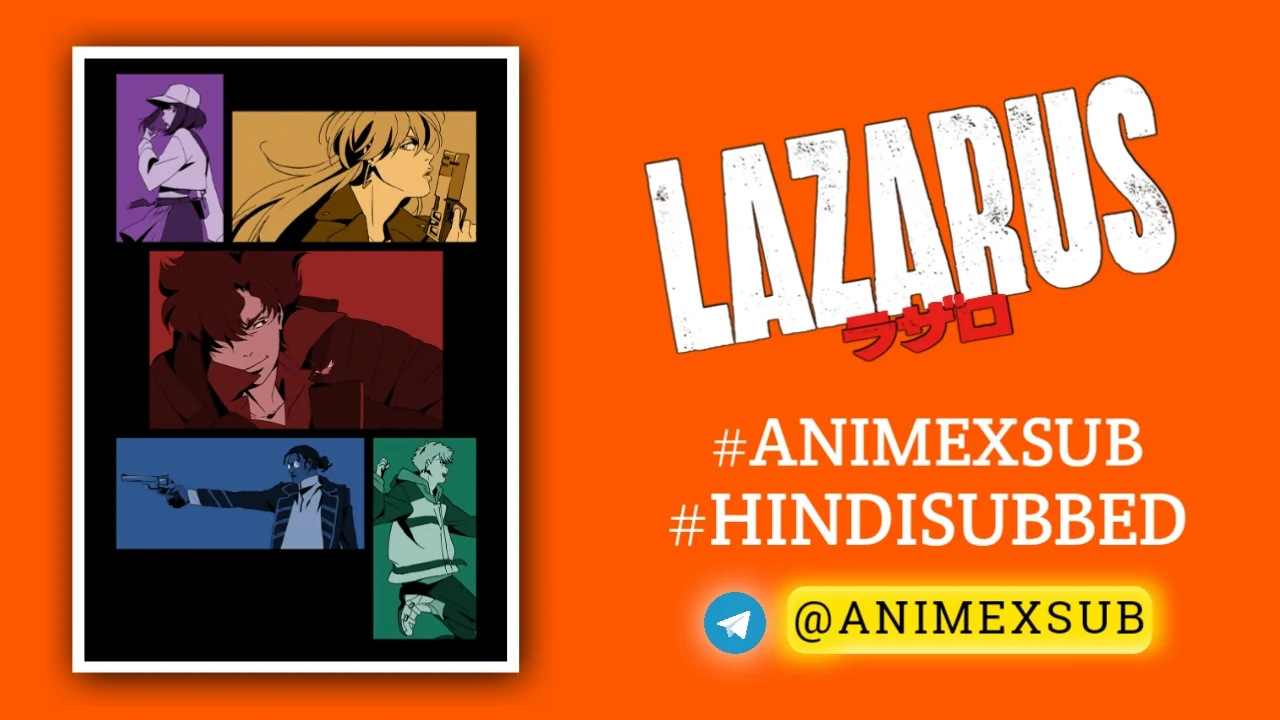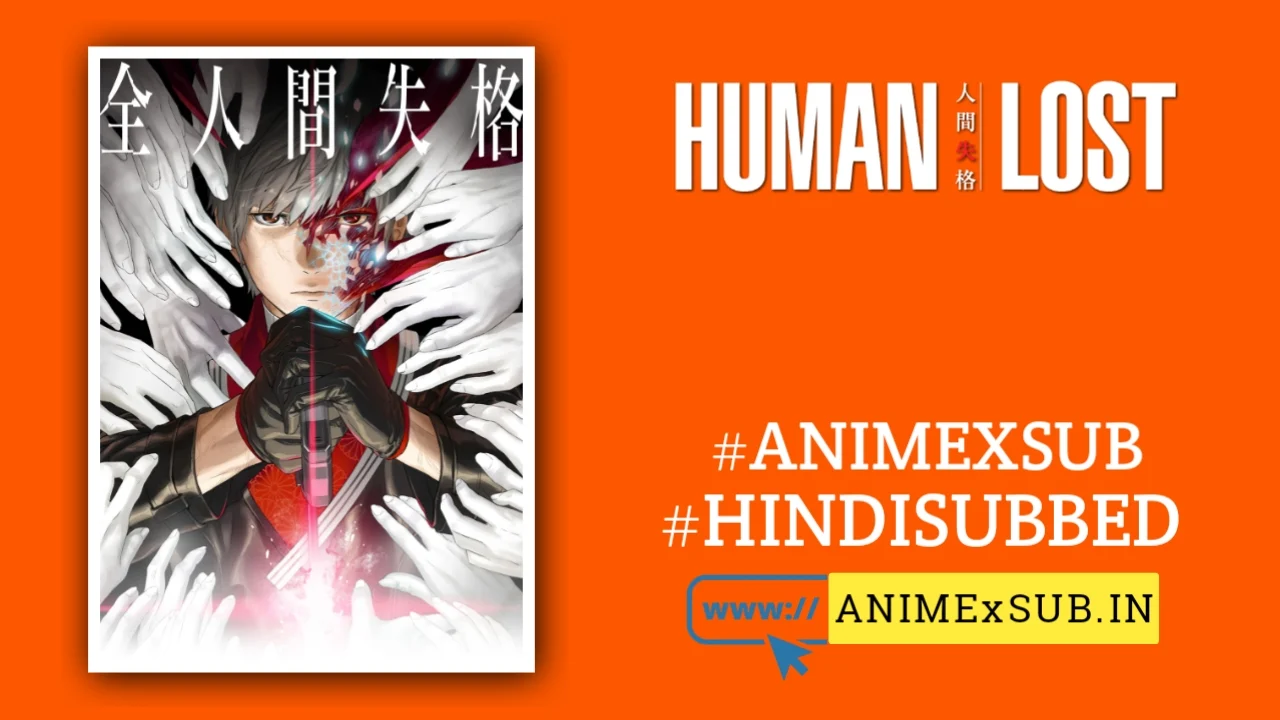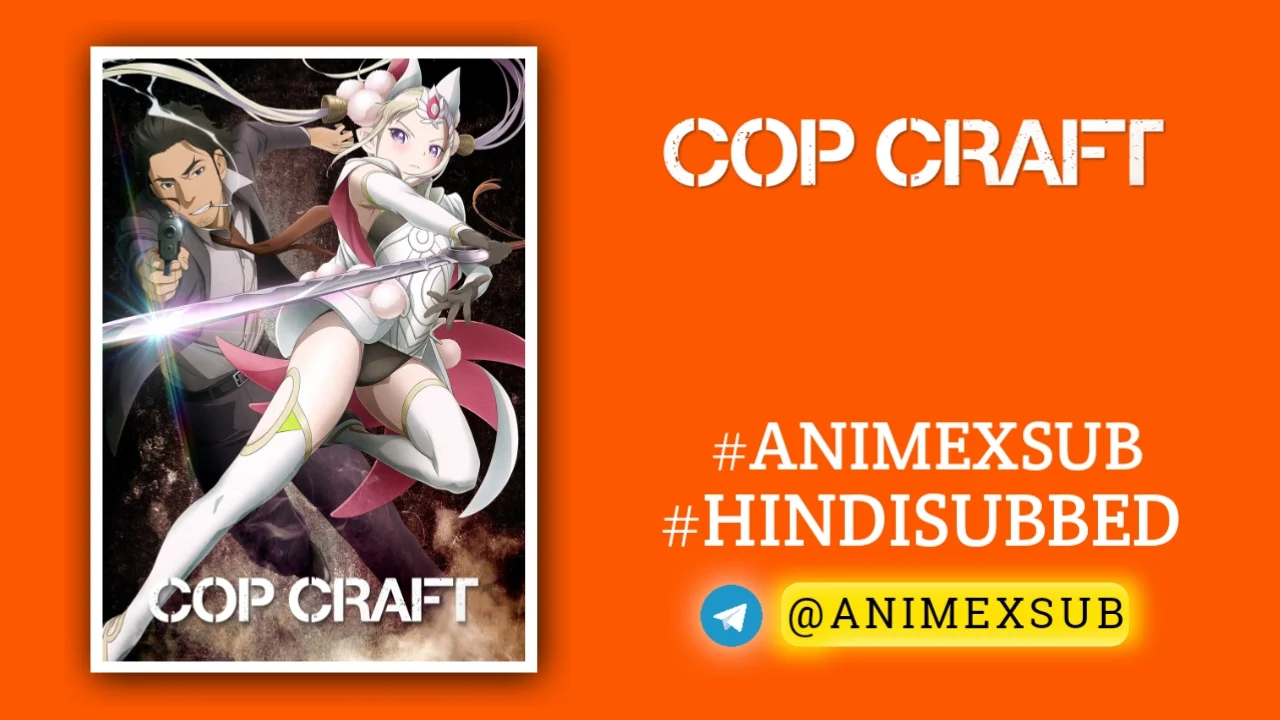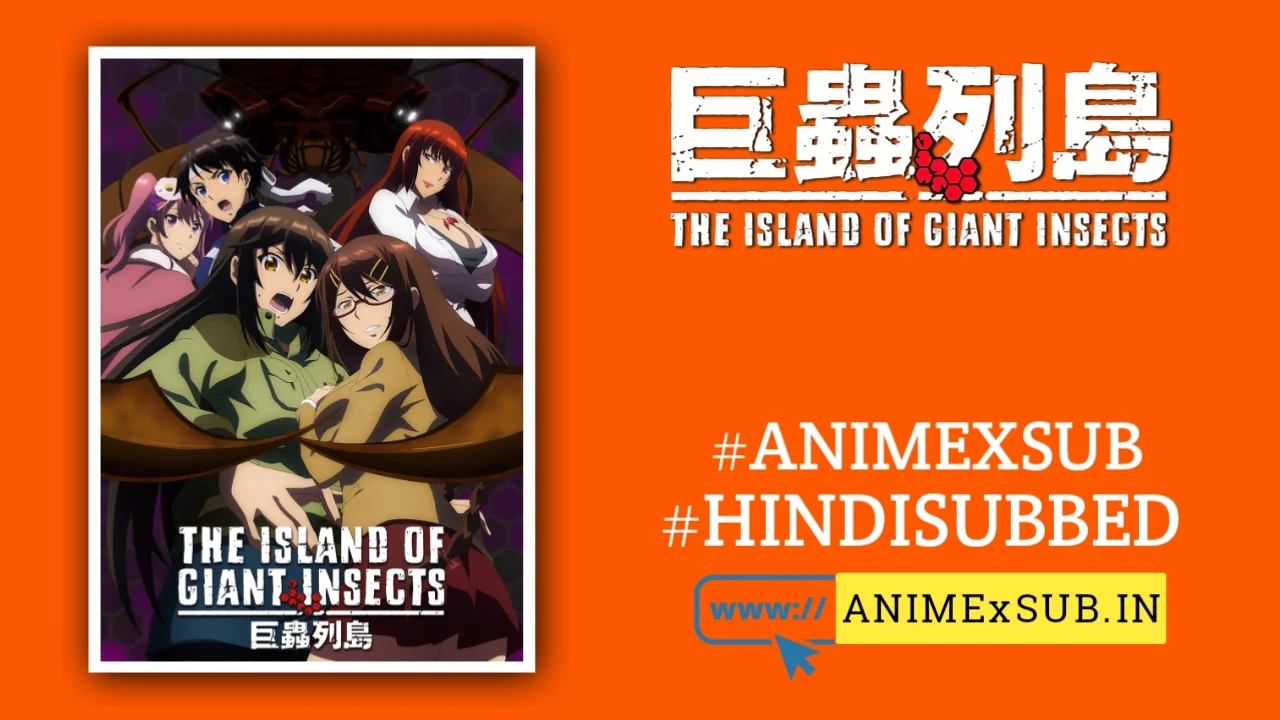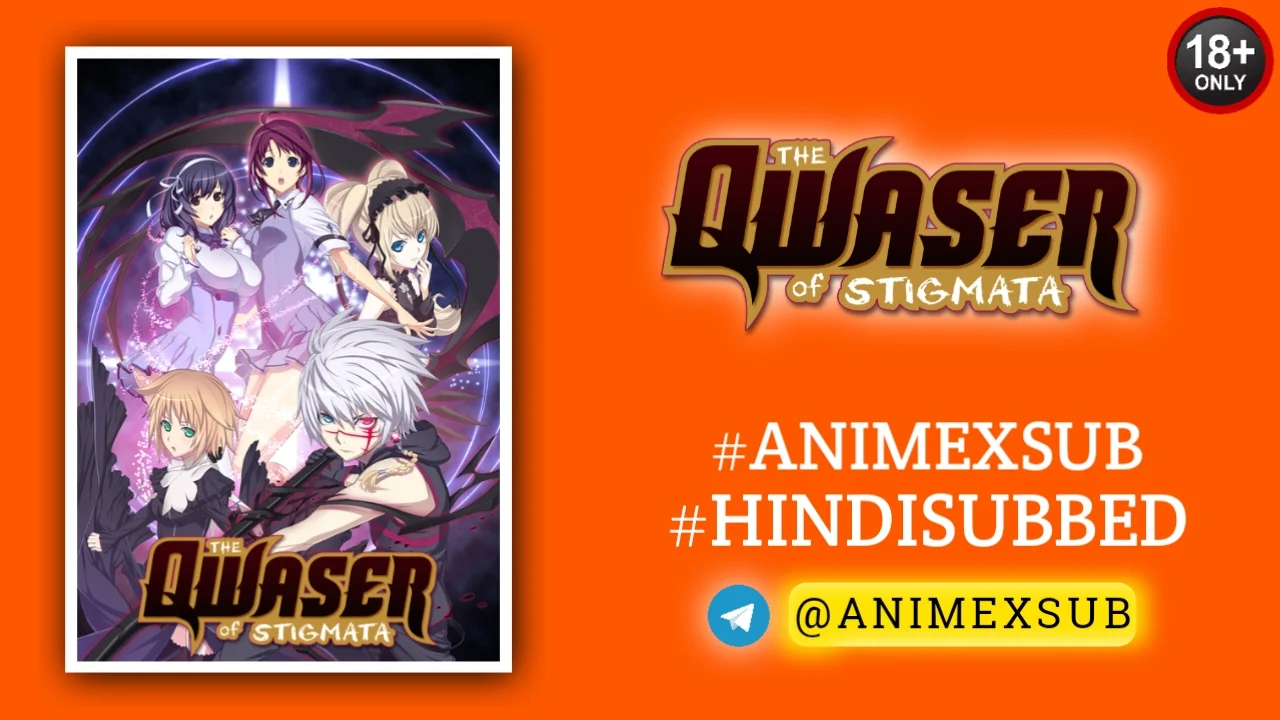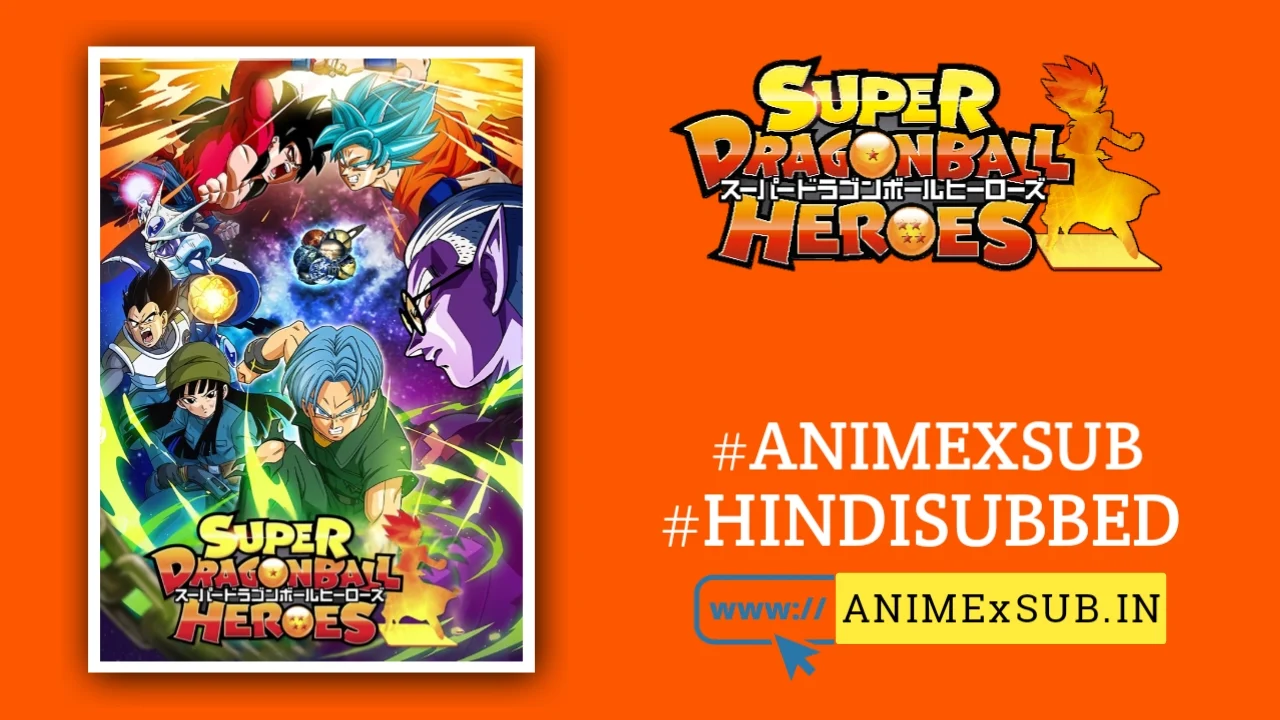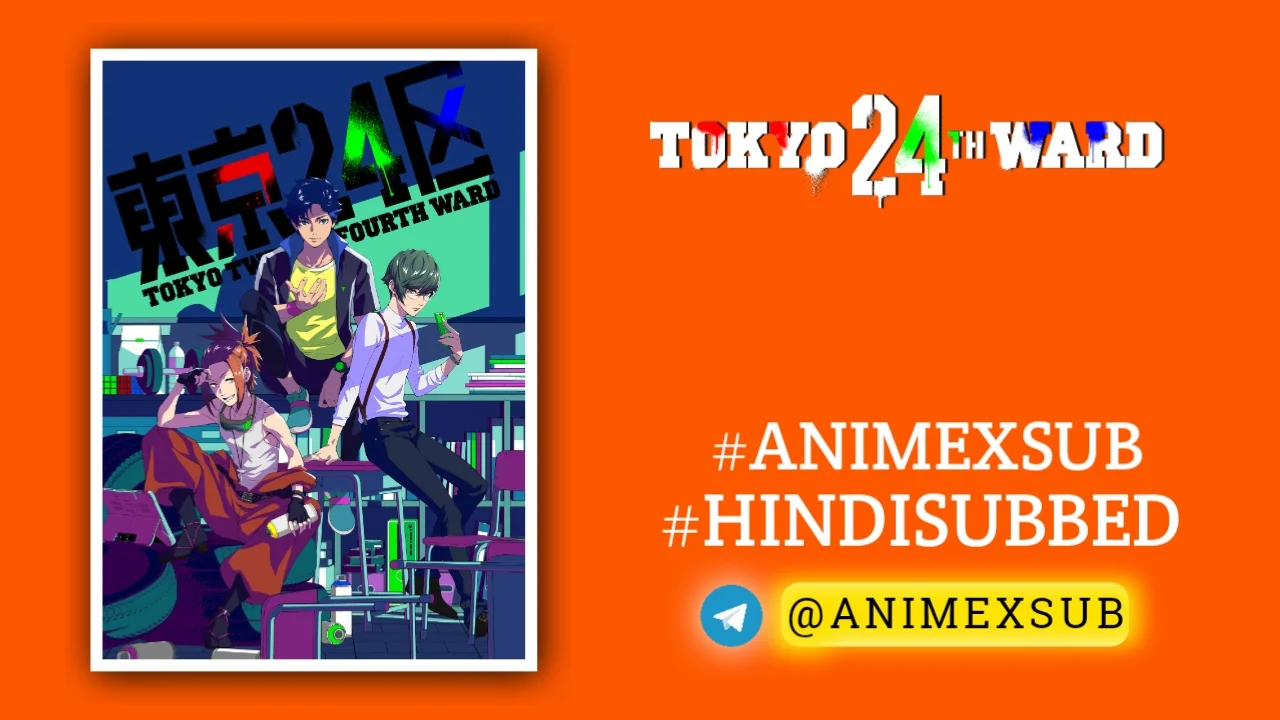
Tokyo 24th Ward Hindi Subbed [12/12] | Tokyo 24-ku Hindi Sub!!
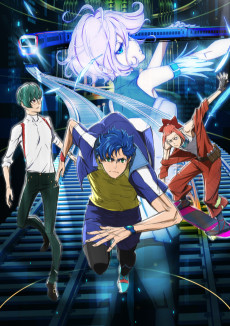
Tokyo 24-ku
Tokyo 24th WardSynopsis
Enter the 24th Ward, a man-made island inside Tokyo Bay. Three of its inhabitants: Shuuta, Ran, and Kouki, have been best friends since childhood, but after a deadly incident, everything changed. A year later, reunited for the first time, they receive a mysterious phone call. On the other line is a familiar voice—from a friend who’s supposed to be dead. Together, they’ll have to save their home. (Source: Funimation) Note: The first episode was a 1-hour special.
Watch Trailer
Characters
Tokyo 24th Ward Season 1: A Vibrant, Flawed Tapestry of Friendship and Moral Dilemmas
Tokyo 24th Ward Season 1, an original anime produced by CloverWorks, aired from January to April 2022, delivering a bold, if uneven, exploration of friendship, morality, and societal control. Set on a man-made island in Tokyo Bay, this 12-episode sci-fi drama thriller follows three childhood friends—Shuta Aoi, Ran Akagi, and Koki Suidou, collectively dubbed “RGB” for their red, green, and blue hair—who are thrust into life-and-death decisions after receiving mysterious calls from their deceased friend, Asumi. Directed by Naokatsu Tsuda and written by Vio Shimokura, the series ambitiously weaves trolley problem dilemmas, dystopian surveillance, and vibrant character dynamics into a narrative that’s as compelling as it is messy. This review dives into what makes Tokyo 24th Ward unique, its strengths, its stumbles, and why it’s a polarizing yet fascinating addition to the 2022 anime landscape.
A World of Color and Conflict
The 24th Ward, a fictional district in Tokyo Bay, is a character in itself. Born from post-World War II Allied occupation, this artificial island is a melting pot of technological advancement and social tension. The Hazard Cast system, a predictive surveillance tool managed by SARG (Special Administrative Region Guard), monitors citizens to preempt crime, evoking shades of Minority Report or Psycho-Pass. This dystopian backdrop is juxtaposed with the ward’s vibrant community, from the okonomiyaki restaurant Itadaki to the graffiti-laden streets where Ran’s DoRed collective challenges authority. The world-building is one of the series’ strongest suits, blending a futuristic yet grounded aesthetic with real-world issues like gentrification, privacy, and class disparity. CloverWorks’ animation brings this setting to life with bright, technicolor visuals—especially the RGB trio’s hair, which symbolizes their distinct identities and philosophies.
The narrative kicks off a year after a tragic school fire that claimed Asumi, Koki’s sister and a close friend to the trio. The incident fractured their bond, leaving Shuta guilt-ridden, Ran rebellious, and Koki stoic. When they receive cryptic phone calls from Asumi, accompanied by visions of impending disasters and temporary superhuman abilities, they’re forced to reunite and confront “trolley problems”—moral dilemmas where every choice leads to harm. These dilemmas, orchestrated by a mysterious figure named Carneades, form the narrative’s backbone, challenging the trio to weigh individual lives against the greater good.
Strengths: A Bold Blend of Themes and Characters
Tokyo 24th Ward shines when it leans into its core strengths: its thematic ambition and character dynamics. The series tackles heavy questions—security versus freedom, individual agency versus systemic control, and the cost of heroism—with a sincerity that feels fresh in a medium often dominated by safer archetypes. Each trolley problem forces the RGB trio to confront their values: Shuta’s impulsive heroism, Ran’s anarchistic creativity, and Koki’s pragmatic adherence to rules. These clashing perspectives create compelling drama, especially in episodes like the Gourmet Festival arc, where their choices ripple through the community, affecting characters like Mari Sakuragi, the spirited okonomiyaki chef, and her mentor Kaba.
The animation is a visual feast. CloverWorks delivers dynamic action sequences, from Shuta’s superhuman feats to Ran’s graffiti-inspired rebellions, all underscored by Hideyuki Fukasawa’s evocative score. The opening theme, “Paper Sky” by Survive Said the Prophet, is a high-energy rock anthem that captures the series’ rebellious spirit, while the ending theme, “255,255,255,” sung by the trio’s voice actors (Junya Enoki, Yuma Uchida, and Kaito Ishikawa), adds an emotional layer that ties to their RGB motif. The voice acting, both in Japanese and English dubs, is stellar, with Zeno Robinson’s Shuta and Landon McDonald’s Ran bringing raw emotion to their roles.
The series’ secondary characters add depth to the world. Sakiko Tsuzuragawa, the Hazard Cast’s chief researcher, balances cold pragmatism with subtle care for Koki, while Gori Suidou, Koki’s father and the ward’s mayor, embodies the moral ambiguity of power. Even minor characters, like the Yabusame gang or the shantytown residents, feel fleshed out, grounding the sci-fi elements in human stakes. The show’s ability to balance large-scale societal issues with personal struggles—grief, guilt, and reconciliation—gives it a unique emotional resonance.
Flaws: A Narrative That Stumbles in the Middle
Despite its ambition, Tokyo 24th Ward struggles with narrative coherence. The first three episodes are a whirlwind of setup, introducing the world, characters, and moral dilemmas at a breakneck pace. The double-length premiere is a smart choice, allowing time to establish the 24th Ward’s history and the RGB trio’s fractured bond, but it also feels overstuffed, leaving viewers unsure whether the show is an action thriller, a character drama, or a sci-fi mystery.
The middle episodes (4–8) are the series’ weakest point, meandering through subplots like the graffiti war and Drug D (a digital narcotic app) that feel underdeveloped or abruptly resolved. The pacing falters as the show juggles too many threads—political intrigue, family secrets, and the RGB trio’s personal growth—without fully committing to any. For example, the Yabusame corporation’s land-grabbing scheme is introduced as a major threat but fizzles out, and Carneades’ role as a hacker-antagonist remains vague until late in the season. This lack of focus dilutes the impact of the trolley problems, which can feel repetitive as they often boil down to “one life versus many.”
The writing also suffers from tonal inconsistency. The series swings between gritty drama, lighthearted comedy, and surreal sci-fi (like the bizarre cellphone-ear visuals during Asumi’s calls), which can jolt viewers out of the story. While the final episodes regain momentum, tying the RGB trio’s choices to the 24th Ward’s fate, the resolution feels rushed, leaving some questions—like the true nature of Asumi’s calls—frustratingly ambiguous.
What Makes It Unique?
Tokyo 24th Ward stands out for its refusal to shy away from complex moral questions. Unlike many anime that use dystopian settings as mere backdrops, this series actively engages with the ethics of surveillance and pre-crime systems, drawing parallels to real-world debates about privacy and AI. The trolley problems, while not always executed perfectly, force characters and viewers to grapple with impossible choices, making the stakes feel personal and universal.
The RGB trio’s dynamic is another highlight. Their hair colors aren’t just a visual gimmick; they reflect their philosophies—Shuta’s blue heroism, Ran’s red rebellion, and Koki’s green restraint—creating a visual shorthand for their conflicts. The series also subverts expectations by showing that heroism isn’t always about saving everyone; sometimes, it’s about living with the consequences of failure. This nuanced take, combined with CloverWorks’ polish, makes the show a standout, even if it doesn’t fully realize its potential.
Reception and Legacy
Tokyo 24th Ward polarized audiences, earning a 6.37/10 on MyAnimeList with fewer than 50,000 viewers—a stark contrast to CloverWorks’ smash hit My Dress-Up Darling in the same season. Some praised its ambition and visuals, with fans on Reddit calling it a refreshing departure from typical action anime. Others, like PyraXadon’s Anime Archive, criticized its narrative bloat and lack of focus, lamenting that it “tries too hard.” Yet, outlets like Honey’s Anime and The Otaku Exhibition championed its drama and world-building, urging viewers to give it a chance.
The series’ lack of a built-in fanbase as an original work, combined with its uneven execution, likely contributed to its under-the-radar status. Still, its exploration of timely themes and memorable characters has sparked calls for a second season, though no plans have been announced as of 2025.
Verdict: A Flawed Gem Worth Exploring
Tokyo 24th Ward Season 1 is a bold, messy experiment that doesn’t always stick the landing but leaves a lasting impression. Its vibrant world, compelling characters, and thought-provoking dilemmas make it a standout for fans of cerebral sci-fi and character-driven drama. While its pacing and narrative sprawl hold it back from greatness, the series’ heart—its exploration of friendship and the cost of doing what’s right—makes it worth watching for those willing to embrace its flaws.
Score: 7.5/10
Recommendation: Perfect for fans of Psycho-Pass or Ergo Proxy who enjoy dystopian mysteries and moral complexity. Stream it on Crunchyroll or Prime Video, and don’t skip the opening theme—it’s a banger.
Sources: Information compiled from MyAnimeList, Honey’s Anime, The Otaku Exhibition, and other web sources.
Support Our Anime Community!
Love watching the latest anime? Help us keep uploading new episodes by join telegram channel ❤️
Join Now!